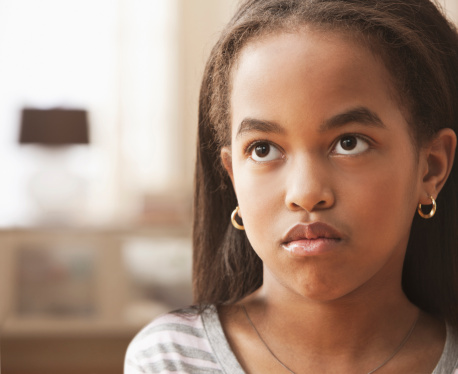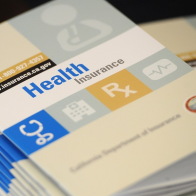 FROM THE GRIO — New research raises the question of a link between childhood sexual abuse and a higher risk for HIV/AIDS.
FROM THE GRIO — New research raises the question of a link between childhood sexual abuse and a higher risk for HIV/AIDS.
The study, conducted by Drexel University, tracked 40,000 people, including a significant number of blacks and Hispanics. The data suggests that not only was childhood sexual abuse linked to risky sexual behavior as an adolescent or adult, but could also impact getting tested, diagnosed and starting treatment once infected with HIV.
According to Dr. Theresa Sweet, one of the study authors at the Drexel University School of Public Health, “childhood sexual abuse was defined as being touched or fondled in a sexual way, [or] forced or attempted sexual intercourse before the age of 17.”
Data from the Black Women’s Health Imperative has long pointed to high rates of sexual abuse in the black community. It shows that 40 percent of black women have experienced some form of sexual assault or abuse.
“This study is not designed to further stigmatize men and women who experienced some form of sexual abuse or violence, nor is it a suggestion that all people living with HIV were previously abused,” Sweet says.
“We don’t really know why some people who are abused fair better than others, but we do know that some people who can talk about what happened to them and have a support system, whether it be family, mental health support seem to [do] better,” she adds.
And, many black men and women who were sexually abused never report it, according to Dr. Gail Wyatt, a clinical psychologist, sex therapist and professor of psychiatry at UCLA.
While there have been advances in reducing HIV across the country, the number of new infections among blacks remains high. There were 50,000 new HIV/AIDS diagnoses in the United States.
The highest rate of both new and existing infections is highest among black gay and bisexual men – nearly 50 percent of all new diagnoses.
Black women make up 60 percent of all women living with HIV/AIDS. Among heterosexual women, the risks for contracting a sexually transmitted disease –including HIV/AIDS – following sexual abuse or in young adulthood are also increased, according to the Centers for Disease Control and Prevention’s National Longitudinal Study of Adolescent Health.






